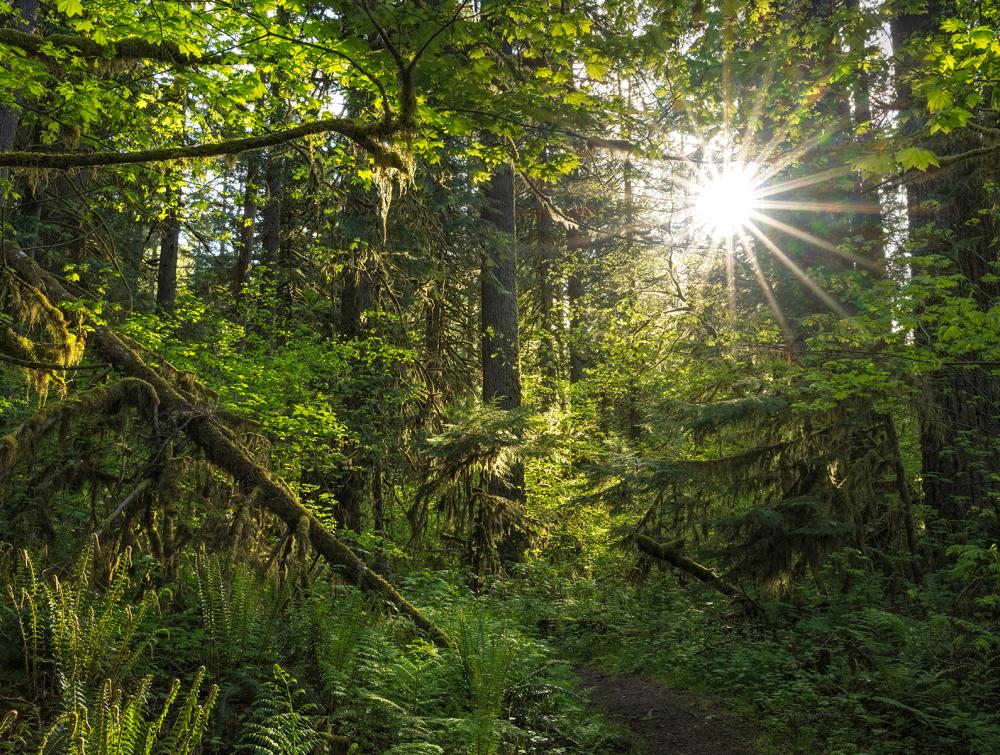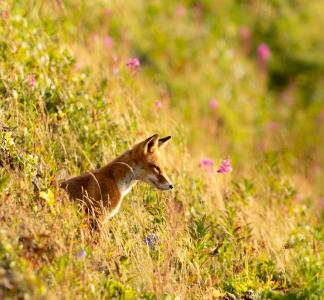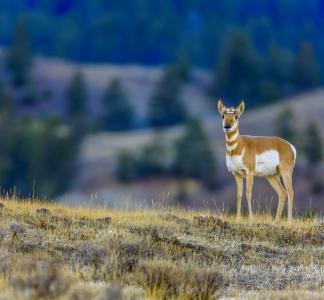45 million acres of wild “roadless” forests at risk

Mt. Baker-Snoqualmie National Forest, WA
Mason Cummings
Move will give public forests away to private industry
For nearly 25 years, 45 million acres of the continent’s most intact and healthy forests have been kept “roadless” and free of large-scale development by an impermanent U.S. Forest Service policy, the Roadless Area Conservation Rule. Now, the Trump administration intends to repeal it, opening these forests to logging and development.
Roadless forests—wild forests free from logging and other development—are among the nation’s most important public lands. They protect clean drinking water for communities and wildlife, improve air quality, store carbon and are home to thousands of miles of trails and other recreation areas. Many roadless forests—like parts of the Tongass—are critical to the livelihood and cultural well-being of Indigenous communities.
To illustrate the significance of the Roadless Rule, we created a map of all roadless forests in the United States.
These places—including the Tongass, one of the largest temperate rainforests in the world—are some of the most beloved and significant forests in the United States. Many of these forests are thousands of years old, sheltering unique ecosystems that developed forests simply cannot replicate. Once they’re gone, they’re gone forever—robbing future generations of the freedom to experience them as we do today.
Congress still has a chance to protect these places for good
Congress can make the Roadless Rule permanent by passing the Roadless Area Conservation Act (RACA), recently re-introduced by Senators Cantwell (D-WA) and Gallego (D-AZ) alongside Representatives Ansari (D-AZ 03) and Salinas (D-OR 06). Similar measures have passed the House before, but never both chambers. This time, the effort faces long odds in a Congress that has largely gone along with the administration’s destructive public lands agenda.
Roadless repeal is part of a broader attack on our freedom to access public lands
The move to repeal the Roadless Rule is part of a larger effort by leaders in Washington to dismantle our public lands. The administration and its allies have already rolled back safeguards, opened protected areas to drilling and mining, and even floated selling off public lands outright. They’ve hollowed out the very agencies—like the Forest Service—that safeguard these places, putting our communities and wildlands at risk.
Public lands belong to all of us, and it’s up to all of us to keep them that way. Sustained public outcry has stopped some of the most egregious attacks before. We can do it again by making it clear that our wild, roadless forests are not for sale.



